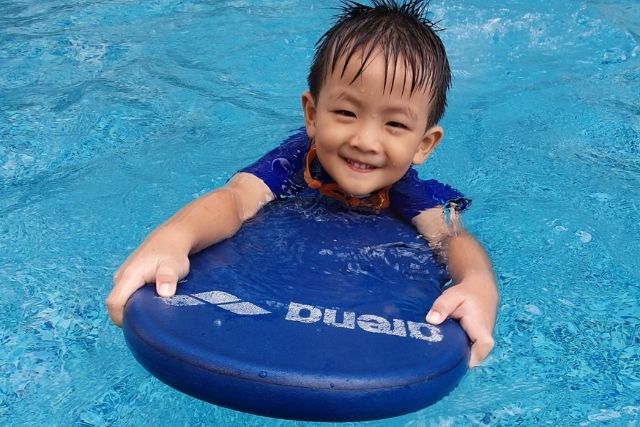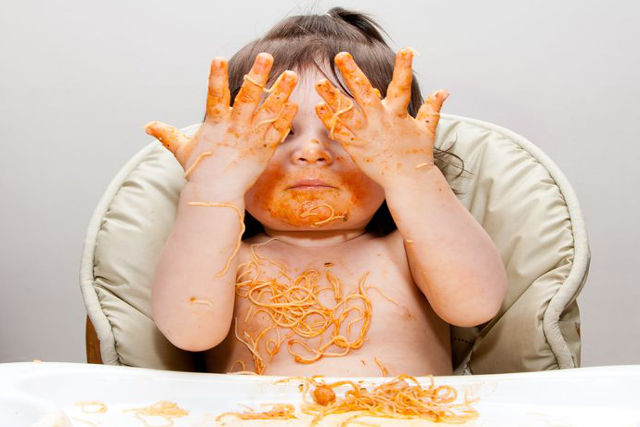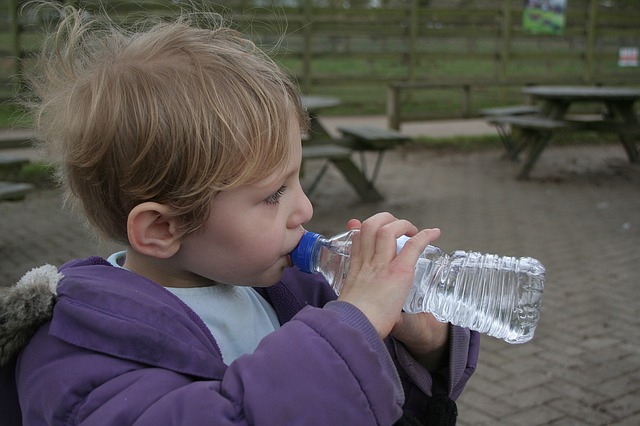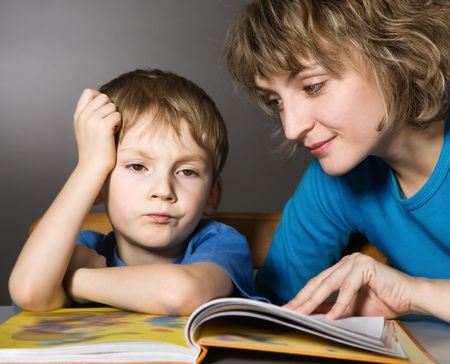It seems society swings from extreme to extreme, much like a pendulum at the mercy of the winds of change. Indeed, there has been much said in the psychological arena about whether praising our children is a boon or a bane. How about you?

How Often Do You Praise Your Kids?
Some of us praise our children every chance we get. Often, it’s because we ourselves were recipients of much affirmation and encouragement in our respective families of origin. Or, conversely, we received so little praise in our growing up years, that we vow to be a different sort of parent, the one we never had.
Others avoid any sort of praise or reward system like the plague, citing praise “addictions” and lifelong insecurities as the likely side-effects of such parenting. Without praise, the child lacks internal motivation to do well in life.
As with most arguments, the best route to take is normally the middle ground. Yes, praise and affirmation is needful for a child to truly thrive but too much of a good thing can be bad. Sometimes, the point being made is good, but perhaps the method or timing of delivery could have been better.
Critiques of praising our children claim that statements such as “Good job” and “You did it!” often convey to children that they are loved based on their results or behavior. Sometimes, praise can become a method of control, “used” by us adults to get kids to behave the way we want them to.
‘Praise Junkies’
Praise may undermine a child’s intrinsic motivations and self-confidence. Studies have shown that frequent praise may in fact create in children an “addiction” to praise – a deep hunger for the approval of others and a long-term sense of insecurity within themselves. Children can become “praise junkies”.
On the other hand, child psychologists also cite the deep need that every child – in fact every person – has for validation, encouragement and affirmation. Even the most independent or talented child needs and longs for approval, for others view their effort as significant. Praise is especially needed when the child is facing a difficult challenge or experiences failure – not empty, farcical words, but an affirmation of the character of the child, and an encouragement to keep going, to not give up.

Praise vs Reward
Praise is not a reward in the same sense that gifts and money can be. Or rather, it need not be, if we tutor ourselves to view praise as meeting a child’s basic need, versus a technique for training our child to think, act or feel a certain way. And if we watch what we say and when we say it – do we go “Good job!” even when the child has obviously not done a good job, for the sake of boosting his morale?
Ironically, children are more likely to become praise junkies in the absence of our praise and approval, because they have a deep need that has gone unmet. But inappropriate praise can be just as damaging to a child’s esteem and self-awareness.
How Can We Praise Children Appropriately?
Firstly, praise the child’s effort, not his innate intelligence or skill. After all, there are some things in life you are just born with – either you have an aptitude for it or you don’t. Too often, we focus on how well the task was done, versus the effort that went into performing it, the perseverance in the face of setbacks, the satisfaction of completing it finally.
Don’t punctuate your day with praise. For some of us, a “Good job!” or “Awesome!” is always at the tip of our tongue. Eating their lunch properly? “Wonderful!” Wearing their shoes to go out? “Well done.”
How Do You Praise, How Often and Why

Sometimes, as you may discover, you are just pre-empting a potential tantrum resulting from the child’s frustration or failure at a certain task – praise is a distraction; other times, it might be just a filler in the conversation, because you’re not really engaging in the conversation, you just want your child to think you are interested. As parents, we can offer praise prematurely, as an encouragement to get the job done. For eg, “Just three more scoops to eat, dear. Quick, finish your food, and that’s a good job!”
As far as possible, try to be more specific in your praise. Your children need to know that you notice what they do, that you are proud of them. For eg “You didn’t give up on that question even though it was really tough. Wow, you solved it!” versus “Good job, you finished your homework!” Be warm, genuine, and enthusiastic in your praise.
Don’t Be Afraid To Praise
Don’t be afraid to let your child struggle with the frustration of failure and inadequacy at times. Knowing when to speak, and when to be silent doesn’t come easy to any of us – like most of the parenting, it’s all about experience and practice!
By Dorothea Chow.
* * * * *
Like what you see here? Get parenting tips and stories straight to your inbox! Join our mailing list here.
Want to be heard 👂 and seen 👀 by over 100,000 parents in Singapore? We can help! Leave your contact here and we’ll be in touch.



























































Leave a Comment: